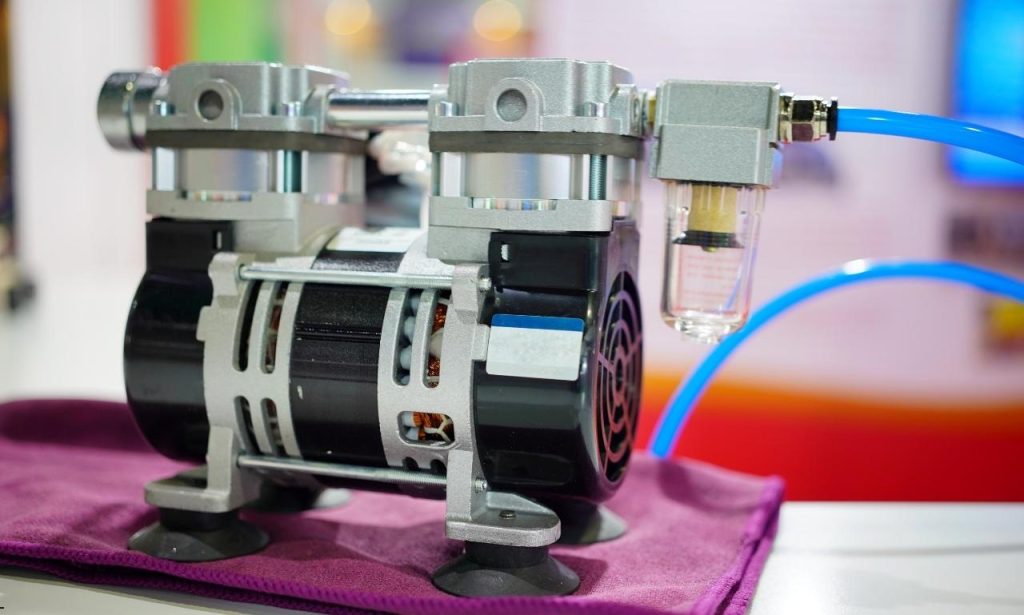Divorce turns life upside down. Everything shifts—routines, money, parenting, and even your sense of security. In New Jersey, the divorce process doesn’t wrap up overnight. It often stretches across several months, sometimes longer. But while the legal system works through everything, daily life keeps moving. Bills arrive. Kids go to school. Food must be bought. Decisions can’t always wait. This is where temporary support steps in. It’s a way to create some structure in the middle of major upheaval. These court-ordered measures help both spouses and their children manage the day-to-day, while bigger issues are sorted out. This guide breaks down the role of temporary support in New Jersey divorce cases.
Understanding Temporary Orders During Divorce

Temporary orders are like scaffolding for a house under construction. They’re not the final result, but they hold things up while everything is being rebuilt.
In New Jersey, they’re referred to as Pendente Lite orders, a Latin term that means “while the case is pending.” They serve one main purpose: to provide a fair and livable arrangement until the divorce is finalized.
These orders often address key topics like who pays the bills, where the kids will stay, and who gets access to shared property. The court can issue them after a hearing or by reviewing written requests from either spouse. In some cases, if the couple agrees, they can even submit their proposed terms together for approval.
Though they’re temporary, these orders carry legal weight. If one party fails to follow them, consequences can follow. They’re meant to keep things steady, not optional.
Why Temporary Orders Matter in Divorce
Temporary orders do more than just fill time—they give both parties a workable framework when everything else feels uncertain.
They ensure the spouse who earns less isn’t left financially vulnerable, help kids stick to a routine, which is critical when everything else in their life feels unstable. They also protect shared assets from being misused, sold, or hidden.
These orders also make the legal process smoother. With clear boundaries in place, there’s often less arguing and fewer emergencies. When everyone understands the rules, things run more peacefully.
Lawyers often treat these early orders as a testing ground. If a setup is working well, they may suggest making it permanent in the final divorce agreement.
Judges also pay attention to behavior during this period. A spouse who follows temporary orders and cooperates with the process will likely be seen more favorably when permanent decisions are made.
In short, temporary orders help stabilize the situation when everything else feels uncertain. They’re like a roadmap for the months ahead.
They also give emotional relief to spouses who feel like they’re spiraling. With some clarity in place, it’s easier to focus on next steps.
Financial Help While Divorce Is Ongoing
Money tends to be one of the most stressful parts of any divorce. New Jersey courts understand this and often step in to provide temporary financial relief.
Temporary spousal support—often called Pendente Lite alimony—is designed to help the lower-earning spouse manage basic costs. The goal is to keep both parties financially afloat, based on the standard of living during the marriage.
To determine the amount, courts look at income, expenses, and how the couple lived before separating. If one spouse handled most bills during the marriage, that usually continues while the case is pending.
Temporary child support is calculated using New Jersey’s Child Support Guidelines. These rules take into account things like each parent’s income, childcare costs, health insurance, and educational needs.
This support might cover essentials such as rent, food, tuition, or medical expenses. It ensures children aren’t suddenly forced into a lower standard of living because of the separation.
These payments don’t last forever, but they help maintain stability until a long-term agreement is reached.
Temporary Custody and Parenting Plans
When couples with children split up, the court must address custody early. That’s where temporary custody orders come in.
These orders set up who the child lives with and how time is shared between parents until a final custody agreement is reached.
Judges in New Jersey prioritize the child’s best interests. They’ll consider things like the emotional bond with each parent, living arrangements, schooling, and the ability to provide a safe environment.
Shared custody is common unless one parent poses a risk—whether due to abuse, substance issues, or other concerns.
Temporary parenting plans help give kids a sense of normalcy. Even when their parents are going through a breakup, routines help them feel safe.
In contentious cases, courts may appoint a parenting coordinator or mediator to help reduce conflict. This can keep arguments from escalating and minimize the impact on the children.
Who Stays in the Home? What About Property?
Another common issue is the use of property while divorce is pending. Who stays in the home? Who drives the shared car?
Temporary orders can assign use of marital property like the house, vehicles, furniture, or even bank accounts. The court makes these decisions to minimize conflict and keep life moving forward.
If the couple has children, the parent with primary custody often stays in the family home. This helps avoid unnecessary disruption for the kids.
In cases where one spouse might try to drain accounts or damage property, courts can issue orders to stop it. These include restraining orders or temporary injunctions.
It’s important to remember these orders don’t decide ownership. Final property division comes later—usually in a divorce trial or settlement.
Temporary orders aim to preserve peace and prevent big changes that could hurt one spouse or the kids while things are still undecided.
Waiting too long to resolve property conflicts can create delays, so addressing these issues early through court or mediation is crucial.
How to Request Temporary Orders in New Jersey
If you need temporary orders, the process starts with filing a motion. This is a formal request made to the Family Division of the Superior Court.
You’ll need to prepare a few key documents. These include a Notice of Motion and a Certification. In the certification, explain exactly what you’re asking for and why it’s needed.
Be ready to include evidence. That could mean pay stubs, rent bills, childcare invoices, or anything else that supports your case. Judges don’t make decisions based on emotion—they need hard facts.
Once filed, your spouse will have a chance to respond. The judge might schedule a hearing or decide based on the paperwork alone.
If you and your spouse agree on the terms, you can file a Consent Order. That avoids a court battle and speeds up the process.
Mediation is also an option. If both parties are willing, a trained mediator can help you reach a fair agreement without going to court.
An experienced family law attorney can guide you through this entire process and help you avoid mistakes that could come back to haunt you.
Changing or Enforcing a Temporary Order
What happens if something major changes? Or if your spouse isn’t following the rules?
You can request a modification. If your income drops, you get sick, or your child’s needs change, those might be valid reasons to adjust the existing order.
To do this, you’ll need to file a Notice of Motion to Modify. Again, attach evidence that shows why the change is needed.
If your spouse is ignoring the order—maybe skipping child support payments or not following custody rules—you can ask the court to enforce it.
File a Motion to Enforce and include proof: receipts, texts, emails, or records showing what went wrong. The judge can order penalties, wage garnishments, or other actions to force compliance.
Temporary orders are legally binding. Ignoring them has consequences. Don’t let a violation slide just to keep the peace.
Documentation is essential here. Courts rely heavily on records when deciding whether to adjust or enforce orders.
Conclusion
Divorce changes everything—but that doesn’t mean you have to face chaos while you wait for the final decree.
Temporary support offers a way to keep life steady while the legal wheels turn. Whether it’s money, parenting time, or who stays in the house, these orders are designed to protect everyone involved.
If you’re confused about how to begin, or if your situation has shifted, talk to a New Jersey family lawyer. Attorneys from firms like Bronzino Law Firm or Goldstein Law Group handle these cases every day and can help you get clarity.
With the right support in place, you don’t have to go through this time alone. Temporary orders can give you the stability you need until a final resolution is reached.
Act early, stay informed, and make sure your rights—and your peace of mind—are protected from the beginning.
Also Read: 7 Exercises to Soothe Your Sore Neck and Shoulders
FAQs
Temporary support includes financial aid, custody arrangements, or housing during the divorce process.
They last until the court finalizes the divorce or replaces them with a new order.
Yes. If it works well, the court may continue it in the final judgment.
You can file a motion to enforce. The court may impose penalties.










